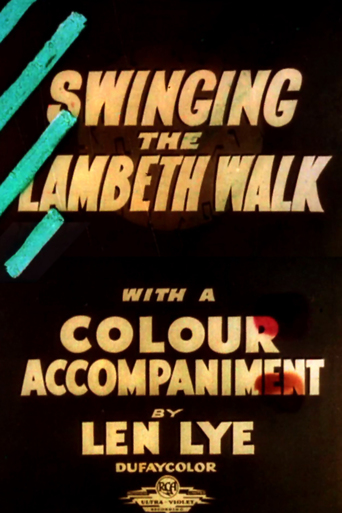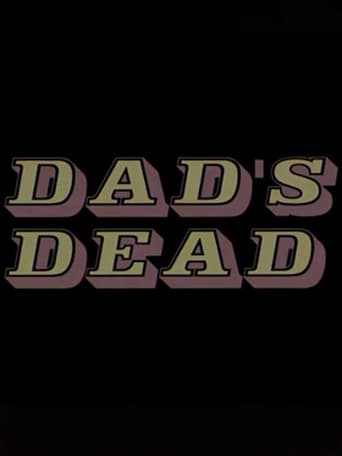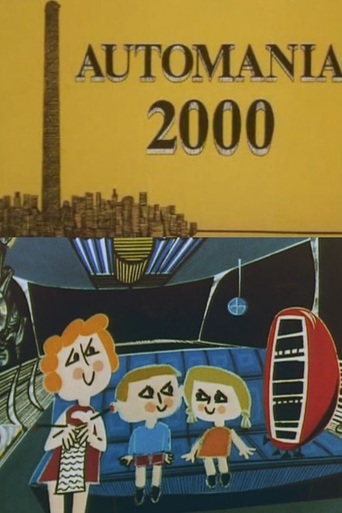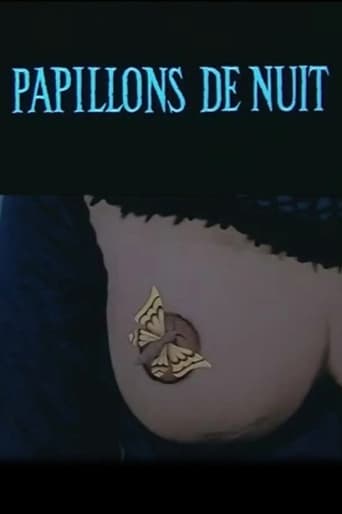
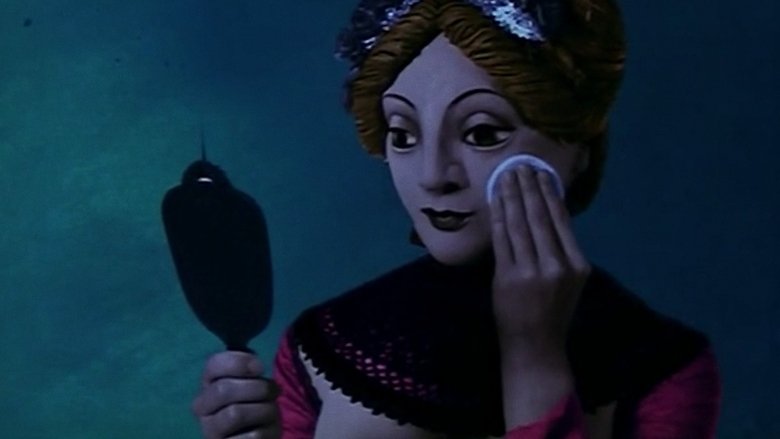
Nocturnal Butterflies (1997)
Nocturnal Butterflies is Servais' serene and melancholic homage to Belgian surrealist Paul Delvaux (1897-1994), whose architectural paintings serve as the basis for the mise-en-scène for the film, and whose opaquely gazed women represent the enigmatic, silent witnesses who guard the secrets of the eccentric artist's curious world of precisely rendered, hermetic construction.
Watch Trailer
Cast
Similar titles
Reviews
Simply A Masterpiece
I am only giving this movie a 1 for the great cast, though I can't imagine what any of them were thinking. This movie was horrible
Yo, there's no way for me to review this film without saying, take your *insert ethnicity + "ass" here* to see this film,like now. You have to see it in order to know what you're really messing with.
Excellent and certainly provocative... If nothing else, the film is a real conversation starter.
"Papillons de nuit" is "Butterflies at Night" is certainly a very strange movie. It's a mixture of horror, experimental and women with bare breasts. Raoul Servais made this as a tribute to Paul Delvaux on his 100th birthday 3 years after his death. Servais was already fairly old when his came out and has made movies for many decades now. If he lives on for a couple more years, he may even get Delvaux' number. But back to this short film. It runs for roughly 8 minutes and I cannot say I was very much entertained watching this. It is, if at all, worth a watch for how bizarre it is. There is no real story and it's basically a collection of absurd impression depicted here. I cannot say you are missing much if you do without watching this one. Not recommended.
This short, dedicated to the memory of Paul Delvaux, is literally an animation, in that it brings alive some of the Belgian Surrealist's most famous paintings. Delvaux is a grossly underrated, wonderfully haunting artist whose nocturnal works usually feature still silent women in vast bourgeois houses, or naked goddesses awaiting seduction by lean skeletons against elaborately detailed classical buildings. The deceptive lucidity and transparency of his style combined with the yearning shadowy purples and blues, the elegance of his form and the grotesqueness of his subject matter seem, to me, to strike a much truer, more emotional note than the amusing tricksiness that characterises his school.Before he became a Surrealist, Delvaux dabbled with Impressionism and, most importantly, Expressionism. One of the greatest fruits of cinematic Expressionism was the American melodrama (visualising the trapped mindsets of characters usually ignored, like housewives, teenagers etc.), and Servais' film is an excellent example of this genre, because, although it purports to evoke the dream life of its repressed characters it also reveals the context of that repression.Significantly, this context is untenably beautiful, a wide hall in a bourgeois mansion, its geometry and colour are strangely evocative. Two typical bourgeois women sit as rigidly as the toy soldier that faces them. This is a perfect encapsulation of a feminity reduced to petrified infantilism. Except that, impeccably, respectably and conventionally dressed, their naked bosoms are on view.A butterfly flits into the hall, and its occupants are suddenly animated, as the soldier plays the most beautifully aching music, part melancholy waltz, part carnivalesque fairground. The choreography is unbearably moving, as each woman summons her reflection from a mirror lit like a cinema projector and dances with her. These movements are linked to the flapping of the butterfly, and it is clear that he represents the liberated dream spirit that craves fragmentation of a fixed self, poetry, activity, self-revelation, a female realm free from repression and expectation.Of course, both Delvaux and Servais recognise the murderous irony of being male artist revealing female trauma, and they show that the very act of pinpointing a malaise and revealing an escape route results in its destruction. The butterfly flees the house, leaving it and its dependents open to violent capture and destruction. The denouement features trains and a Nabokovian lepidoptorist closing in on this privileged world.This is one of the most moving, haunting and emotional films I have seen in a long time. Not the least of its achievements is its creation of a genuine dream state, its ironical revelation of freedom to dream as lonely, puppet-like and self-effacing. It captures Delvaux's paradoxes perfectly, the elegant violence, the truth that it is our habitation that rules us and not the other way round. Best of all is the animation, that combines an almost childlike joy in colour and object, with an adult's depressing awareness of the truth behind these things.
